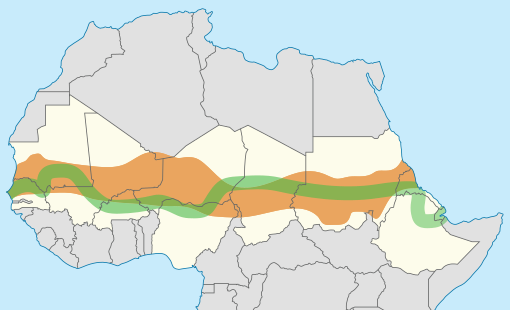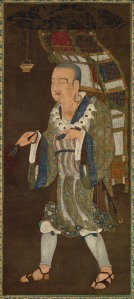By René Wadlow
The States Parties to the United Nations-sponsored Treaty on Desertification met in Abidjan, Ivory Coast on May 9-20, 2022. The 197 member states agreed to an appeal to work more actively to prevent continuing desertification and to win back lands currently under great pressure. Because the conference was being held in Africa, much attention was given to the advances of the desert in the Sahel states and the possibility of building a “Green Wall” of trees to stop the advance.
The Treaty was designed to be the centerpiece of a massive worldwide effort to arrest the spread of deserts or desert-like conditions not only in Africa south of the Sahara but wherever such conditions encroached on the livelihood of those who lived in the desert or in its destructive path.
The destruction of land that was once productive does not stem from mysterious and remorseless forces of nature but from the actions of humans. Desertification is a social phenomenon. Humans are both the despoiler and the victims of the process.
Increasingly, populations are eking out a livelihood on dwindling land resources. Thus, there must be renewed and strong efforts for land regeneration. Desertification needs to be seen in a holistic way. If we see desertification only as aridity, we may miss areas of impact such as humid tropics. We need to consider the special problems of water-logging, salinity or alkalinity of irrigation systems that destroy land each year. Because desertification disturbs a region’s natural resource base, it promotes insecurity. Insecurity leads to strife. If allowed to degenerate, strife results in inter-clan feuding between cultivators and pastoralists, cross-border raiding, and military confrontation.
Earth is our common home, and therefore in the spirit of world citizenship, we must organize to protect it. It is up to all of us concerned with ecologically-sound development to draw awareness to the dangers of desertification and the promises of land renewal.
It is important to understand the way of life of those who live on the edge of deserts. Hsuan Tsang (623-664) is a symbol of such an effort at understanding. Hsuan Tsang crossed the harshest deserts, in particular the Takla Mahan, and the tallest mountains on his quest for the innermost heart of Reality. He travelled from China to India to spend two years at the Nalanda Monastery in what is now Bihar State in northern India to study and translate into Chinese certain important Buddhist sutras. He also studied the lives of the people he met, showing an openness to the cultures of others, especially those living on the edge of the desert regions he crossed.
Prof. René Wadlow is President of the Association of World Citizens.

